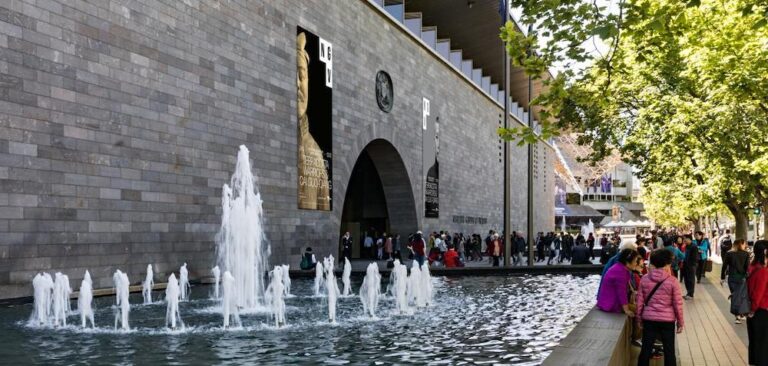
Setting Europe’s same-sex agenda
As the birthplace of Mozart, the Strauss dynasty and the Von Trapp family, Austria is synonymous with high culture, elegance and grace. Lyndon Barnett discovers how Austria’s gay and lesbian population are currently faring.
Vienna-raised Harry Schneider believes the conservative, Catholic-dominated Austrian society became more accepting of homosexuality when the actor with matinee-idol blond golden-boy looks, Alfons Haider, came out in the mid-1990s.
Haider epitomised everything that was Austrian and yet he lives an openly gay life, said Harry. Society evolved because homosexuality was discussed in the media.
Being an openly gay public figure hasn’t hurt Haider’s career. In 2004 German TV voted him Austria’s sexiest male star and last year he was an EU Ambassador promoting equal opportunity for all.
Regardless of the new acceptance, the gay scene is still relatively hidden from mainstream society.
Change takes time in Austria. You really need to look for gay places. They are not particularly visible. Vienna does host a pride parade though, Harry said.
It is ironic that Austria’s conservative attitude has led to a precedent in Europe-wide de facto laws. The case involved Siegmund Karner who lived in his partner’s rental apartment in Vienna until the death of his boyfriend in 1994.
The following year, the landlord attempted to evict Karner, who took the case through the Austrian court system on the grounds of discrimination. In December 1996 the Supreme Court granted the landlord’s appeal.
That is an example of how traditional and conservative Austria is. The country worries about embracing new lifestyles, Harry said.
Karner took his case to the European Court of Human Rights. In a landmark decision, the European Court ruled that cohabiting de facto same-sex partners are entitled to the same rights as their heterosexual counterparts. This ruling ensures that all same-sex couples living together throughout the EU now have their rights protected.
That makes me feel very proud that an Austrian fought for his rights, Harry said. Austrians are noted for fighting for human rights and freedom of speech.
Despite most Western European countries allowing either same-sex marriage or civil unions, Austria does not currently permit either.
Harry explained that the Austrian culture is reactive to social change, not proactive.
The Austrians are usually the last country to follow through with changes in laws, he said.
Through a quirk of fate, there is one same-sex married couple in Austria. In 2006 an Austrian Constitutional Court allowed a married man to change his gender on his birth certificate as he had recently undergone a sex change, effectively permitting two women to be married.
In making the ruling, the Court stated, Changing a sex entry in a birth certificate cannot be hindered by marriage.
Harry said, I would never have thought that it would happen. It’s a nice fact. It would be more of a great thing if they would be allowed to be married -˜legally’.
Harry, who has been studying for his MBA since January 2006, was first mesmerised by Sydney when he saw all the rainbow flags hoisted around the city during a holiday in February 1998.
I enjoy living in Sydney, with its openness, he said. I am very disappointed with the volume of violence that Oxford Street is currently experiencing. I would have thought the city would have been much more open to diversity.









